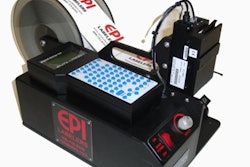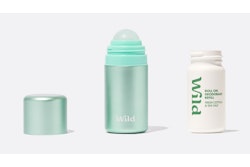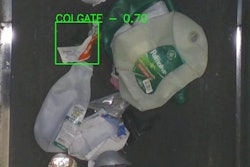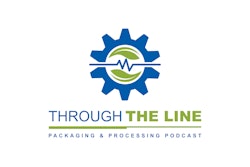
The pharmaceutical industry won a double-header of sorts in the U.S. Supreme Court on June 23. By a 5-to-4 judgment, the court “ruled that makers of generic drugs cannot be sued for failing to warn consumers of the possible side effects of their products if they copy the exact warnings on the brand-name equivalents of the medicines,” according to an Associated Press story reported by ABC News.
The story added, “This decision could affect millions of Americans, given that generics make up 75 percent of the prescription drugs dispensed in the United States, justices said.”
Teva Pharmaceuticals was ranked the top generic drug company in 2010, according to Fierce Pharma’s Top 10 generic drug companies from January through December 2009.
The ABC News story noted, "As a result of today's decision, whether a consumer harmed by inadequate warnings can obtain relief turns solely on the happenstance of whether her pharmacist filled her prescription with a brand-name or generic drug," Justice Sonia Sotomayor said in a strongly worded dissent. "The court gets one thing right: This outcome makes little sense.
“Justice Clarence Thomas, who wrote the majority opinion, said it was impossible for generic drug manufacturers to comply both with federal laws requiring them to have the same label as the brand-name drugs and state laws that require them to add additional warnings. So the federal law prevails. Thomas acknowledged the ‘unfortunate hand’ dealt to people who are harmed by inadequate labels on generic drugs. They would be able to sue the companies who make brand name drugs for the same offense but are barred from suing the generic manufacturers,” said the story.
Second decision
By a 6-to-3 First Amendment decision, the Supreme Court “struck down a Vermont law that barred the buying, selling, and profiling of doctors' prescription records--records that pharmaceutical companies use to target doctors for particular pitches,” according to an NPR article. The story noted, “The court's decision in the Vermont case was a sweeping one, sending ripples that almost surely will go beyond the marketing of pharmaceuticals. It also marked the court's first excursion into data mining--the practice of collecting and processing vast amounts of information.
“The case arose in the context of federal and state regulations that require pharmacies to keep records of all doctors' prescriptions. Pharmacies can, and do, sell those doctor prescription records to data-mining companies, with patient identifiers removed. And the data-mining companies, in turn, sell the information to drug makers for use in targeting sales pitches at doctors, in an effort to get them to prescribe more brand-name drugs--drugs that are more expensive than generic drugs,” explained the NPR story.
For pharmaceutical manufacturers, these appear to be twin wins. For consumers, the perspective appears to be quite different.


























